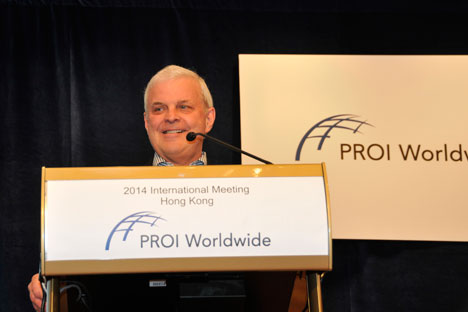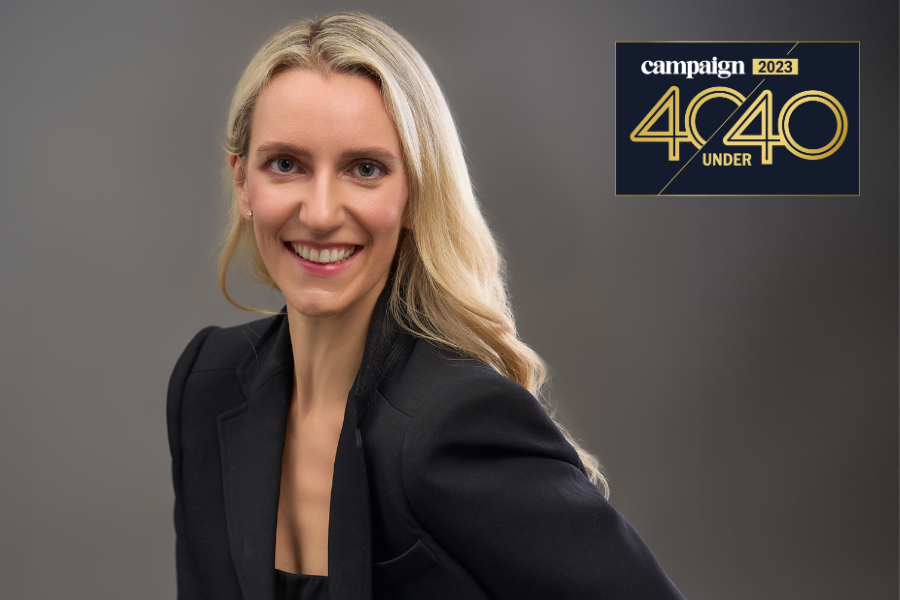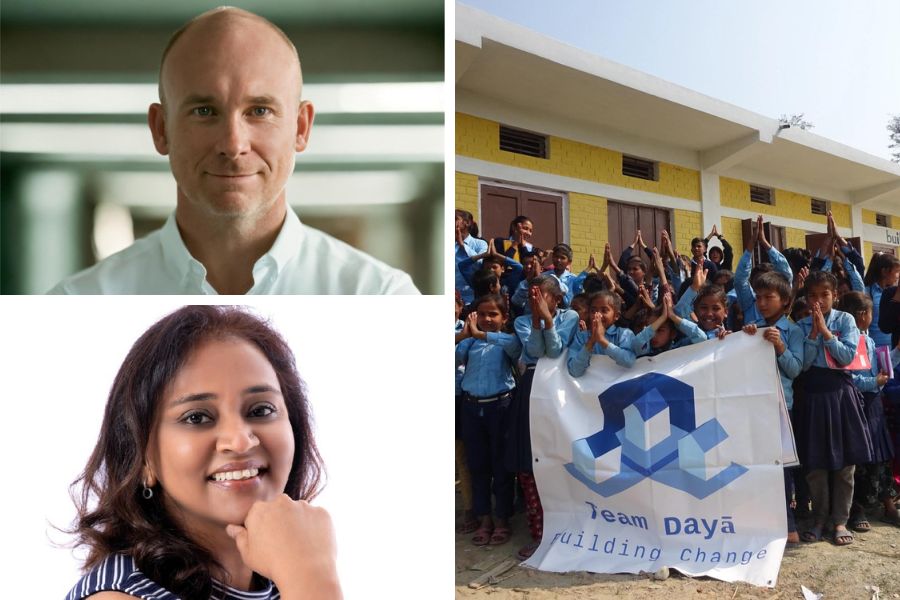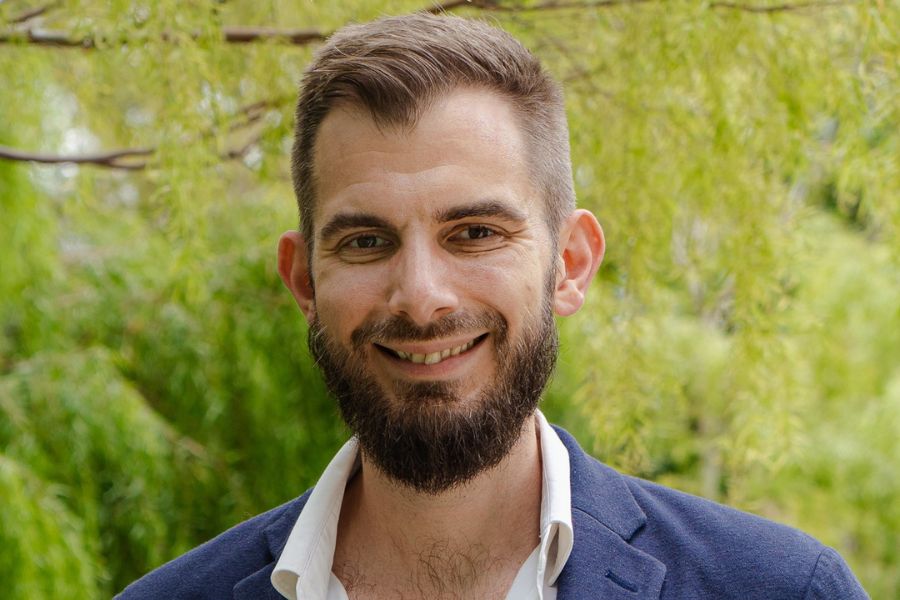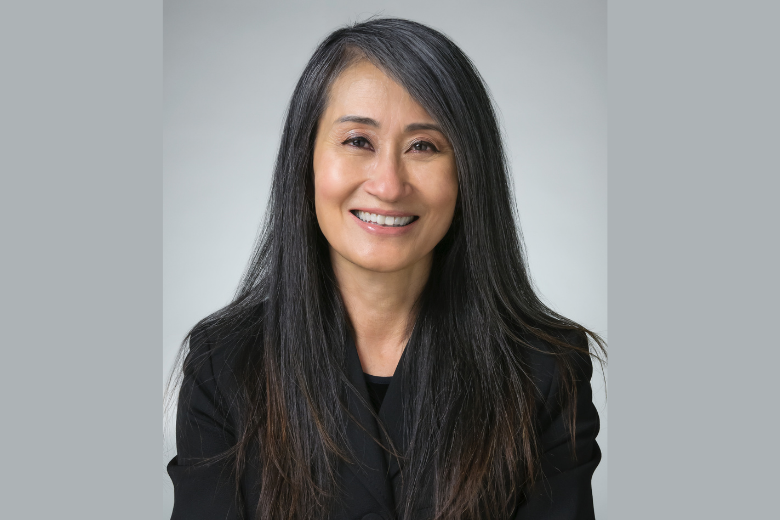They never said the word ‘glocal’ but the concept is clearly the PROI Worldwide value proposition. The independent network of PR firms emphasizes local expertise alongside global scale. In town for its annual international meeting, the organisation invited Campaign to meet its leadership and see how its system works.
Richard Tsang sat comfortably in the posh Shangri-La lobby for a quick one-on-one about the PROI network before rejoining the organisation’s conference going on in a lower level of the hotel. In a number of different ways he drew attention to PROI's cooperative nature, which allows member firms to be nimble on their own local level and yet still offer international depth. Tsang’s company, SPRG, has offices in Greater China as well as Singapore and Malaysia, but he uses the network to help clients manage goals in Korea, India or nearly any country in the world.
“Our members represent over $500 million in total billings,” he said, highlighting how all the smaller parts come together to make a formidable whole. It’s not a revenue-bound sharing system but an open network of like-minded people, who meet regularly and understand each other’s expertise.
Later when we sat in on the conference itself, the knowledge-sharing Tsang promoted was on display. Arthur R. Hagopian, also from SPRG, was explaining the landscape of Chinese social media to a room full of his peers. Flags from the Americas, Africa and the European Union were all visible on tables in the room, and delegates took notes and pictures of his slides. While the information may not have surprised any marketers in Asia, the talk for outsiders was full of insight. Sometimes if you are too close to a market it’s hard to see the forest for the trees but if you’re too far away, it’s difficult to recognize all the unique arboriculture. This format allows members a peek at the perennial issues taking root in each market. It gives them a chance to spot difference and take advantage of synergies.
Back upstairs Andreas Fischer-Appelt, who takes over as PROI global chairman after the partner meeting, and Bob Frause, current US and global chairman, joined Tsang to talk more about the network and the challenges for PR in general.
The three presented a unified front speaking about their partnership and how the network operates. “We’re very open and honest with each other,” said Frause who flew in from Seattle for the conference. “We show each other our P&Ls. Even if we’re losing money, we’re not going to try and hide that.”
He was keen to reference the $500 million figure again and point out that the goal in the next few years is to grow it to $700 million, both through organic billing at partner PR firms and by expanding the membership to more markets. Asia, including Myanmar, Cambodia and the Philippines, is very much on the growth radar, as is South America.
Fischer-Appelt also said the next three years are likely to be filled with disruption from digital technologies, world economics and the blurring of lines between traditional business models. “All that is opportunity” for firms in his network, he said. He highlighted storytelling—the customary territory that PR firms claim—as more important than ever as that skill will be at the centre of how brands want to communicate to consumers.
Frause acknowledged that clients tend to look at PR in a silo, and one of the challenges for agencies in general is to demonstrate the wider breadth of strategy they can execute. He brought up an example of a continent wide, real-time crisis management system PROI has set up in the Americas with lawyers and specialists ready to go. Or the complete set of promotion and management services his namesake firm performs for a music band.
All three business leaders stressed that the independent nature of PROI would be an asset as business structures evolve throughout the industry. They believe they are more agile when it comes to innovating and see the way they share insights among network partners as a highly efficient model. “We want to help each other,” they agreed and the amicability seemed absolutely genuine.

